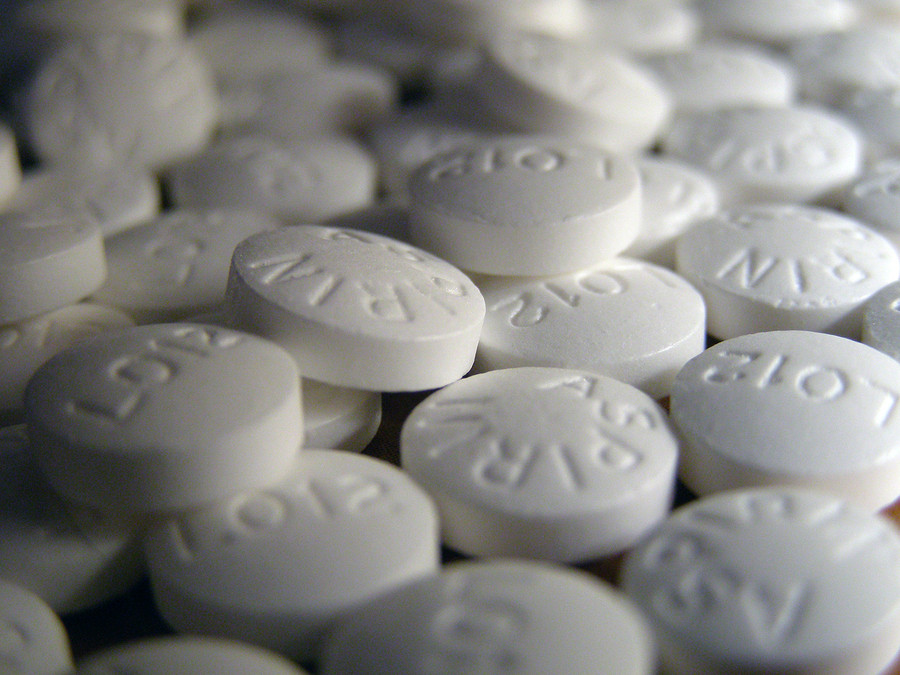
Respiratory health harms often follow flooding: Taking these steps can help

Tips to leverage neuroplasticity to maintain cognitive fitness as you age

Can white noise really help you sleep better?

Celiac disease: Exploring four myths

What is prostatitis and how is it treated?

What is Cushing syndrome?

Exercises to relieve joint pain

Think your child has ADHD? What your pediatrician can do

Foam roller: Could you benefit from this massage tool?

Stepping up activity if winter slowed you down
Staying Healthy Archive
Articles
Shopping for sunglasses
Wearing lenses that screen out harmful ultraviolet radiation is essential for keeping your eyes healthy.
Large wraparound lenses offer the best protection.
Image: Wavebreakmedia/Thinkstock
When you buy sunglasses, your primary aim might be to find a style that looks good on you and is comfortable. If so, like almost half of people selecting sunglasses from the racks, you've failed to consider the most important detail—the amount of harmful ultraviolet (UV) radiation the lenses screen out.
Debunking misconceptions around addiction
Dr. Michael Bierer explains the most common misconception about addiction and offers tips for recognizing if you might be developing an addiction.
Treatments for opioid medication addictions
Dr. Wynne Armand talks with Dr. Terry Schraeder about the increase in opiod addictions and shares prevention and treatment methods for those experiencing an addiction to prescription opioid medication.
Uncover the hidden sugar in your foods
Dr. Terry Schraeder and Uma Naidoo, MD, instructor in psychiatry at Harvard Medical School and a professional chef, discuss the significant amount of hidden sugar in everyday food and drinks.
How to stay motivated
Want to make a change but wondering how to stay motivated? Dr. Srini Pillay talks about the things that can impact personal motivation and the power of a sense of meaning to help you stick with your goals.
Tips for getting more energy
If you find yourself in a slump, Dr. Beth Frates shares what may be draining you and offers tips for getting more energy.
How to keep your brain healthy through exercise
Exercise helps keep the brain healthy by improving memory and problem solving, and may even reduce the risk of dementia. Dr. Alvaro Pascual-Leone advocates regular exercise as a treatment for all people and explains more about the benefits for the brain.
Should you take “senior” multivitamins?
There is little scientific proof that multivitamins or special “senior” vitamin formulas helps you live longer, feel better, or avoid disease. Spending money on fresh fruits and vegetables is a wiser and healthier investment.

Respiratory health harms often follow flooding: Taking these steps can help

Tips to leverage neuroplasticity to maintain cognitive fitness as you age

Can white noise really help you sleep better?

Celiac disease: Exploring four myths

What is prostatitis and how is it treated?

What is Cushing syndrome?

Exercises to relieve joint pain

Think your child has ADHD? What your pediatrician can do

Foam roller: Could you benefit from this massage tool?

Stepping up activity if winter slowed you down
Free Healthbeat Signup
Get the latest in health news delivered to your inbox!
Sign Up






